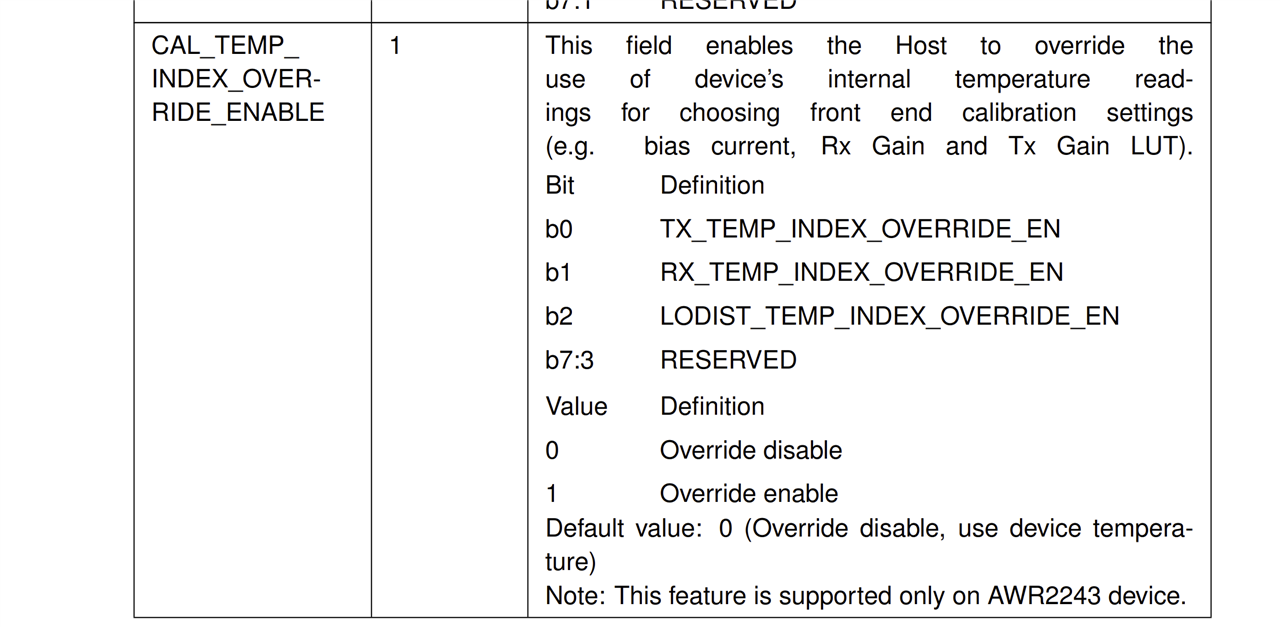Other Parts Discussed in Thread: AM2732
Tool/software:
Hi,
My system is AM2732 + 2x AWR2243.
In an open outdoor area, I placed a corner reflector at a distance of 5.8 meters from the radar and collected data from each channel,
as shown in the following figure.

It can be observed that ch45 is relatively higher compared to the other channels. What could be the reason for this?


